AGERPRES special correspondent Florin Stefan, reports: Romanian Members of the European Parliament (MEPs) from three centrist political groups in the European Parliament argue that the relevant institutions in Brussels must act quickly to combat external interference in elections and the instrumentalisation of social media networks for disinformation, in order to protect future elections in EU member states from unwanted influences.
MEP Dan Barna, vice-president of the Renew group in the European Parliament, maintains that discussions of this nature have already been initiated within the political group he belongs to.
"We see a Russia that has turned Eastern Europe into a sort of beta testing zone, so to speak, for improving ways to influence elections. A few months ago, there was the referendum in Moldova and the election for Maia Sandu, where Telegram was used aggressively, with tens of thousands, hundreds of thousands of fake accounts created, then shared in an attempt to deceive and manipulate the electorate. Now, we've seen the next step, TikTok, moving from text and reading to video. If we don't react, these things will continue," Dan Barna told AGERPRES in Brussels.
He warned that elections are approaching in Germany and expressed no doubt that these tools' employment, which "prove effective if we don't react," will be attempted.
"We have the DSA, the Digital Services Act, which is good but needs to be implemented. We are exactly at the stage where we have legislation, we see if it needs to be modified or completed, but the idea that social platforms can be used for political campaigns without any regulation is one that shows how toxic they can be. From this perspective, I believe that a very firm response from the Commission in the coming period is necessary, and this is exactly the message we have conveyed to the Commission, and when I say 'we,' I refer to the European Parliament," added Barna, a member of the European Parliament's Committee on Foreign Affairs.
Asked whether such measures to strengthen European mechanisms to combat external influences in elections could be taken within the next three months, before the presidential elections in Romania, Barna voiced skepticism that there would be "primary European legislation" on this matter.
However, he believes that, on the other hand, "the attention on this area will be much greater, including in Romania and from the Romanian authorities," who were caught off guard by factors that influenced the first round of last month's presidential elections, which were eventually annulled by the Constitutional Court of Romania (CCR).
"It is inadmissible to have all that information and shrug your shoulders, hoping that, God willing, you'll have a second round that would benefit you. There are more explanations in Romania, we know them, but we are already facing an attack that represents more than the minor shoves of local politics," Barna added.
German Elections: A "guarantee" that Europe will act
"Do you know what the biggest guarantee is that Europe will do something? The elections in Germany. They won't allow the elections in Germany to be influenced as much as they were here," European Parliament Vice-President Nicu Stefanuta told AGERPRES, commenting on the Justice and Home Affairs Council meeting.
The Romanian MEP, elected independently but now affiliated with the Greens group, argues that this is why everyone, from the head of EU diplomacy, Kaja Kallas, to the President of the European Commission, Ursula von der Leyen, is very concerned about the "TikTok issue."
"Next week, we have a debate about this in the European Parliament. Beyond the famous fine of 6% of turnover, there are provisions that could lead to a ban in the European Union. I hope it doesn't come to that; it depends on how these companies react. I'm meeting with Meta next week because the issues are not only with TikTok. But it's also a test for the Digital Services Act. Either we take it seriously, or we abandon it," Stefanuta emphasised.
He voiced confidence that EU institutions could take impactful measures in this area before the elections in Germany or Romania, which are most likely expected in the spring.
Asked how he explains Romania's particular vulnerability to these election influence mechanisms, Nicu Stefanuta compared it to the Republic of Moldova, which had also recently held two crucial elections - the presidential election and the referendum on EU membership.
"I'll give you an answer that Maia Sandu gave, and I really liked it. She said that their diaspora voted massively pro-EU, while our diaspora voted against the EU. Isn't that strange? It's strange because the Moldovan diaspora knows the realities of Russia much better, they have felt them on their skin much more. We, on the other hand, have started to forget how good it is in the European Union and NATO. We've gotten used to the good, and the vote was still a rejection of the political class and its excesses. But, widely, the difference resides here. We've forgotten what Russia means," said the Vice-President of the European Parliament.
"We must act in advance and be much more assertive"
Romanian MEP Victor Negrescu of the Social Democratic Party (PSD) says that the European Union already has mechanisms to combat disinformation but is not enforcing them.
"We also have a group that should actively combat disinformation through social networks, which can react and block information circulating on social media. This group exists at the European Commission level, but we see that it hasn't been involved in what has happened recently. We also have protocols signed with social platforms to combat disinformation, and there are solutions to curb, control, and block the circulation of this kind of information. All these solutions need to be put together, with a very clear coordination centre to be more operational and more effective in our actions," the other Romanian Vice-President of the European Parliament, from the S&D group, told AGERPRES.
He also voiced hope that the EU executive "will react quickly."
"Both the presidential elections in Romania and important elections in Germany are approaching, so it is in the interest of the European Union to develop the necessary mechanisms to avoid the recurrence of such situations in the future," Negrescu argued.
Asked if anything can improve in the European response to such situations before the Romanian presidential elections in the next three months, Negrescu said, "It is an obligation for Europe to be capable of acting much better and much faster on this matter."
"If we want to protect European democracy - we see that these new disinformation tools are much more effective, much harder to block, they generate opinions, meaning we are not just talking about deceiving people, they create climates of opinion that are hard to counter - we need to act in advance," pleaded the PSD MEP.
"Just today (Thursday - editor's note), I met with President Maia Sandu, and she explained that Russia began its disinformation actions nearly a year before the presidential elections. It's clear that interventions are already happening in all European democracies, and we must counteract these types of information in advance. We can't just act during the election period. And I believe the European Commission made a mistake here, because those tools only become active during the campaign period, but by then, it's too late. By then, the climate of opinion has already been created, so we must act in advance and be much more assertive and coherent in our approach," said the Vice-President of the European Parliament.

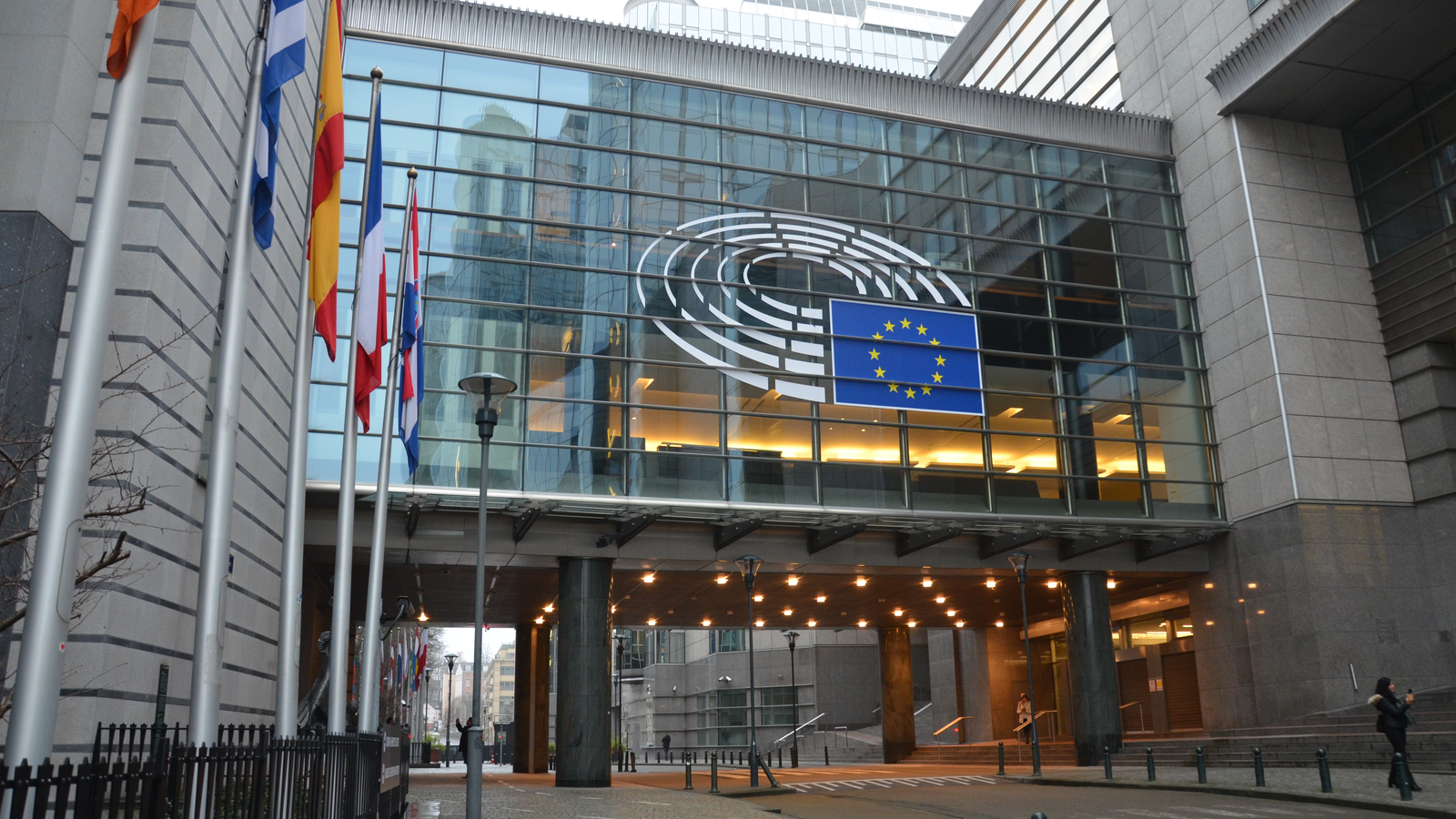


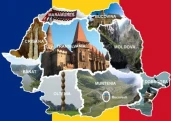


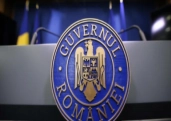


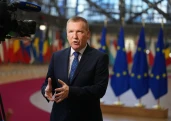




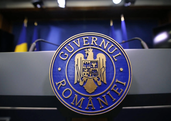





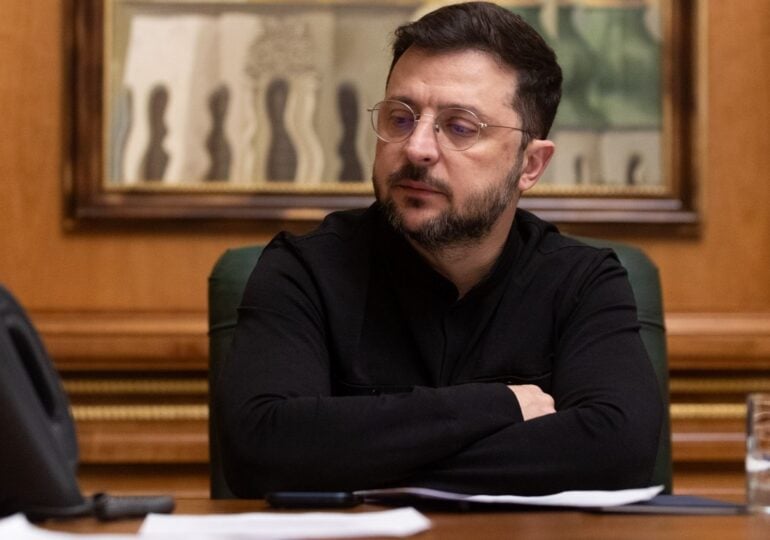






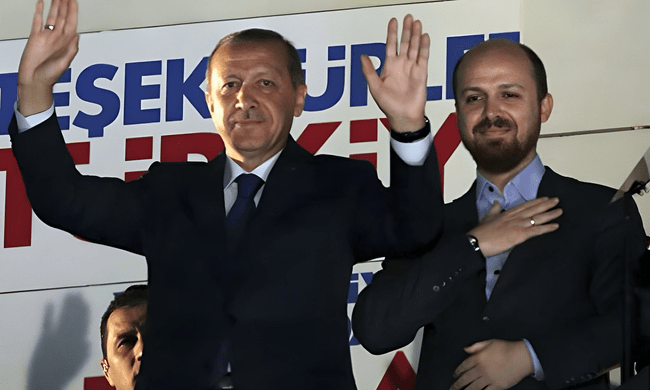



Comentează